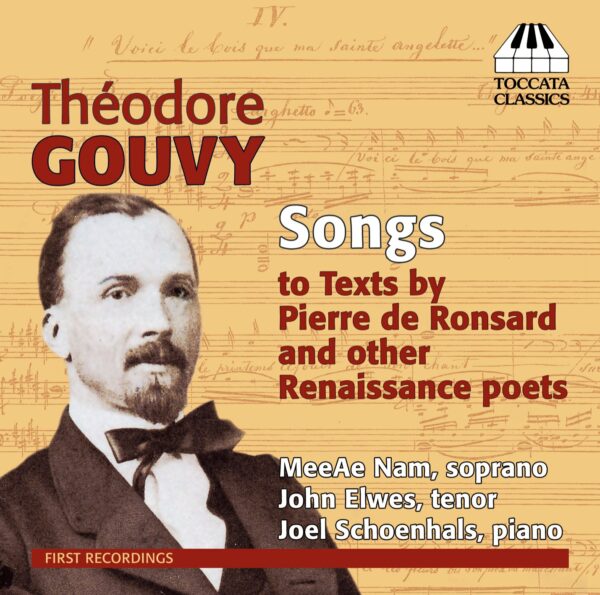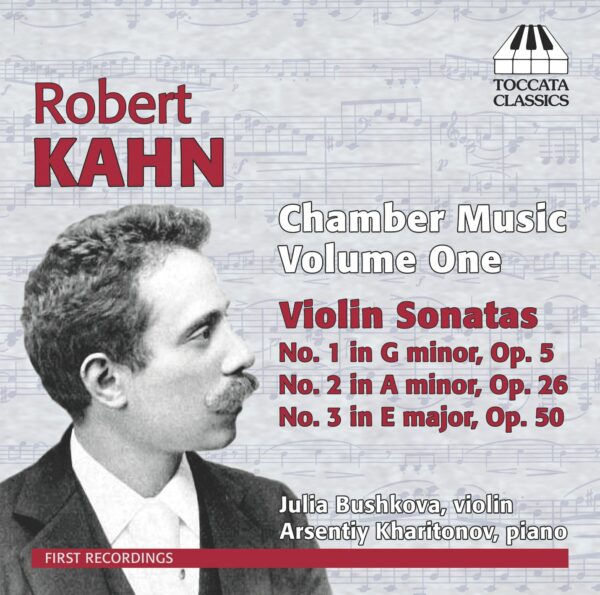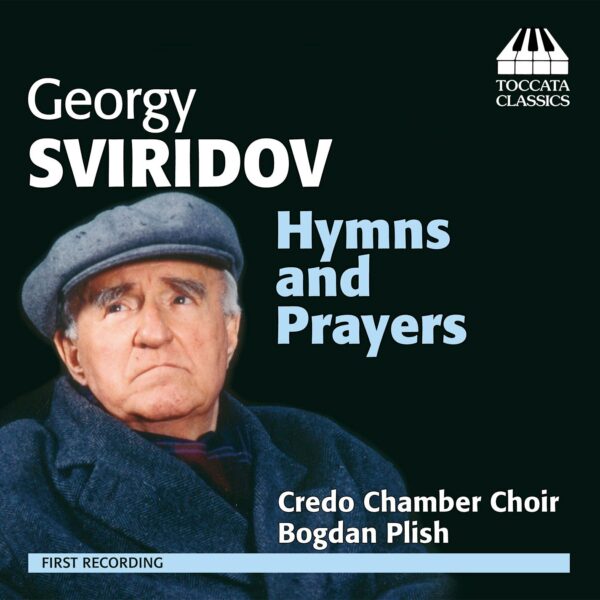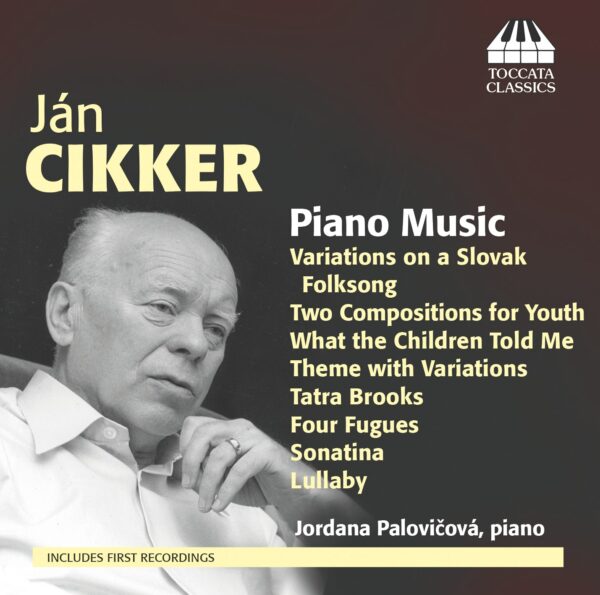Sergei Vasilenko: Complete Music for Viola and Piano
The Russian composer Sergei Vasilenko (1872-1956) was influenced by the nineteenth-century nationalist school, by his teacher Taneyev and by Scriabin, adding an interest in Symbolism and hints of early modernism. The discovery of the seven viola compositions on this CD — most of them unknown before now — not only expands the repertoire of the instrument; it also points to the courage of a composer who spent his life treading the tight-rope between his own musical interests and the demands of Soviet 'socialist realism'.
Elena Artamonova, viola
Nicholas Walker, piano
Listen To This Recording:
-
Viola Sonata, Op. 46 (1923)
- I. Allegro moderato –
- II. Andante amorevole –
- III. Fughetta. Molto energico –
- IV. Tempo del commincio (Allegro moderato)
- Lullaby (c. 1952)
- No. 1, Pavane
- No. 2, Madonna Tenerina
- No. 3, Serenade for the Lady of my Heart
- No. 4, Knights
- Sleeping River (1951)
- Oriental Dance, Op. 47 (1922)
- No. 1, Ouverture
- No. 2, Passacaille
- No. 3, Minuet
- No. 4, Plainte
- No. 5, Musette
- No. 1, Prelude
- No. 2, Etude
- No. 3, Legend
- No. 4, Scherzo
Four Pieces on Old Lute Music, Op. 35 (1918)
Suite Zodiakus I.A.S. after Unknown Authors of the Eighteenth Century (c. 1914)
Four Pieces (1953)





MusicWeb International :
‘Typically, the essay for this Vasilenko disc is well written, diligently referenced with footnotes and extendw across 12 pages in English only. These are by the violist here and are the exact antithesis of the sort of perfunctory journalese to which some liner-notes resort. […]
Whether or not through Toccata’s cleverly devised Discoveries Club you should track down this stylishly done disc. It will more than suit if you have any interest in the multiple torrents of musical activity over which the USSR presided. Do not be too quick to deride it all as communist tosh no matter how ‘reassuring’ such generalisations may be in the face of a huge world closed to the West for so many years yet now bewilderingly open for exploration.’
—Rob Barnett, MusicWeb International